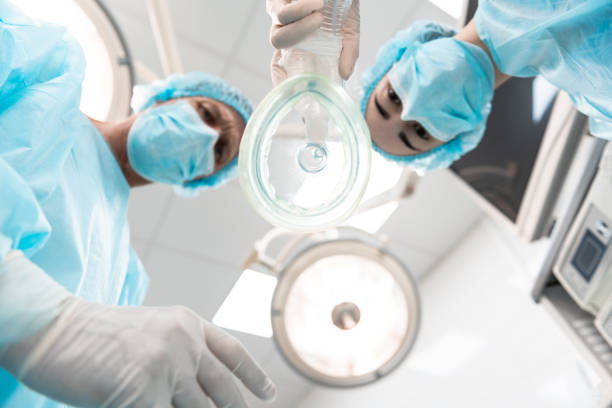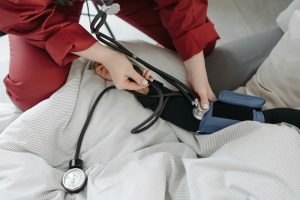Recently a young woman in Singapore, unfortunately, died after dental surgery due to a rare genetic complication while under general anesthesia. The disorder which caused her fatality is called malignant hyperthermia or malignant hyperpyrexia.
What is malignant hyperthermia?
A reaction to certain general anesthetics causes malignant hyperthermia (MH). Specifically inhaled anesthetics, including desflurane, sevoflurane, isoflurane, methoxyflurane halothane, enflurane, and succinylcholine- a depolarizing skeletal muscle relaxant administered intravenously 1.
What are the symptoms of malignant hyperthermia?
This severe reaction typically includes a dangerously high body temperature, tachycardia- or rapid heart rate, rigid muscles or spasms, and other symptoms. Instances of MH are pretty rare, but if not promptly treated, it’s often fatal.
MH may occur during anesthesia and in the early postoperative period. Body temperature elevation is a dramatic but often late sign of MH. Hyperthermia, when it happens, is marked by an increase in core temperature at a rate of 1–2°C every five minutes. Severe hyperthermia (core temperature greater than 44°C) may occur and lead to a marked increase in oxygen consumption, carbon dioxide production, widespread vital organ dysfunction, and disseminated intravascular coagulation (DIC) 2.
Is there any way to prevent a fatality?
Once a reaction is suspected, surgical staff must react immediately. Typically a dose of Dantrolene is ordered and administered as this is the only effective treatment for MH.
How can I protect myself from Malignant Hyperthermia?
Because MH is a pharmacogenetic condition- how a person’s genes react with medications, getting tested is the only way to know if you may be affected.
Genetically, malignant hyperthermia is caused by an autosomal dominant condition; these genetic abnormalities’ estimated prevalence may be as high as one in 3,000 individuals (range 1:3,000 to 1:8,500) 2a. To ensure you are not affected by genes that could make you susceptible to these deadly reactions to anesthetics, get tested and ask your family members if they have ever had any reactions to general anesthesia.
The best way to prevent malignant hyperthermia is to stop it from happening in the first place. Get tested any time, especially if you know you will receive a procedure requiring general anesthesia. Ensure that your anesthesiologist knows your results beforehand to avoid the known triggers for malignant hyperthermia.
If you’re concerned about having a severe reaction to anesthesia, speak with a doctor on our panel who can advise if you should get a genetic test done
Check out our other precision health test kits here
footnotes:
1 https://www.uspharmacist.com/article/malignant-hyperthermia-an-overview
2 https://www.ncbi.nlm.nih.gov/pmc/articles/PMC1867813/






